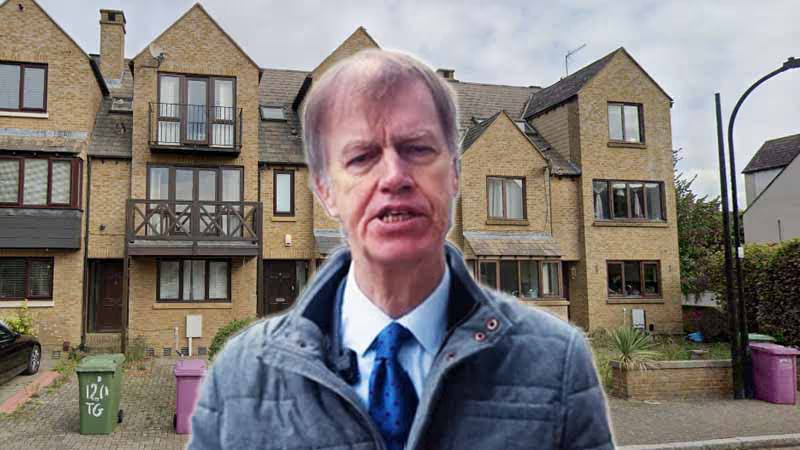Reinstating higher tax relief would ease rent pressures, slow the landlord exodus, and signal that the government values responsible landlords, according to Landlord Action founder Paul Shamplina.
The removal of mortgage interest relief - stopping them from deducting mortgage costs from the tax they pay - has unfairly penalised landlords since 2017, he writes in The Times.
Shamplina argues that this has distorted the economics of renting and put pressure on tenants.
“Imagine a shop owner being taxed on total takings without deducting the cost of stock, staff wages, or rent,” he says. “It’s unthinkable. Yet that is the reality many landlords face.”
New legislation and rising interest rates have added further uncertainty and costs – and the result is landlords selling up.
“Landlords have long been unfairly cast as villains, despite being providers of a vital service,” insists Shamplina. “Few industries see two parties both benefit from a transaction yet have one side so demonised. You don’t see Uber drivers or hotel owners similarly vilified by their customers.”
He is calling for tax incentives to encourage landlords to offer longer tenancies, greater tenant security, and better housing conditions.
Sell up

However, Danny Dorling, a social geographer and professor at the University of Oxford, reckons it’s acceptable if some private landlords sell up.
“If an owner-occupier buys it, they can usually use the home more efficiently and fill more of the rooms with family members,” he says. “Private landlords can often have properties that could house families but instead let them out to single young professionals.”
For those who can’t afford to buy, the government needs to build more social housing, rather than spending that money on giving private landlords tax breaks, adds Dorling.
“Giving tax relief to the already extremely well-off has become unacceptable in a cost-of-living crisis. A home is too important to be another person’s investment. Tax relief is not needed, and we should aim to shrink this sector.”
Read The Times article in full.
Article credit: Danny Dorling/Hurst Publishers.















.avif)
.avif)




.avif)
















Comments